What can make an employee really loyal to a company? It is not just the pay or the benefits but the emotional bond that is established over a period of time. Loyalty does not occur on a single light, it occurs through trusting, communicating and showing real concern. Modern HR practitioners have a centring role in developing that relationship between individuals and the company.
Understanding Employee Loyalty
Retention is not the end of employee loyalty. It corresponds to the extent of employee commitment towards the vision and values of the company. The problem of maintaining teams emotionally bonded despite the distance is especially topical in flexible patterns of hybrid work, which develop at a very active pace in Indian workplaces. HR professionals should refrain loyalty in the manner that it thrives with meaning, compassion and involvement.
Building a Strong Foundation of Trust
Trust is where long-term loyalty begins. Employees stay when they feel valued, not just managed. HR leaders can nurture trust by creating open communication channels, ensuring transparency in decisions, and recognizing effort consistently.
● Listen before acting
● Address feedback honestly
● Celebrate small wins regularly When leaders stay accessible and genuine, employees feel seen—and that feeling becomes hard to replace.
Empowering Employees Through Growth Opportunities
A stagnant career leads to disengagement. Career growth for HR professionals and employees alike depends on continuous learning and exposure. Initiatives like internal mentorship programs, skill-based workshops, and clear career paths help employees visualize their future within the company. HR’s role in upskilling and reskilling employees is critical in retaining talent. By aligning
individual aspirations with organizational goals, HR ensures people grow with the company, not away from it.
Cultivating a Positive Workplace Culture
Culture is the heartbeat of loyalty. A supportive environment that values diversity and inclusion in Indian workplaces helps employees feel respected and connected. HR strategies for startups and growing organizations often focus on team bonding, recognition, and shared purpose. Workplace culture thrives when leaders demonstrate empathy, acknowledge mental health challenges, and prioritize work-life balance. Even small gestures—like flexible schedules or appreciation messages—can make employees feel genuinely cared for.
Leveraging Technology for Connection
The future of HR in India is digital, but technology should amplify human connection, not replace it. HR tech trends in India 2025, including AI-driven engagement tools and HR analytics, allow companies to understand employee sentiment better. HR automation benefits for companies extend to consistent communication, timely feedback collection, and reduced workload—giving HR professionals more time for meaningful people interactions.
Recognizing Efforts and Rewarding Loyalty
Recognition is one of the simplest yet most powerful tools in an HR strategy. Personalized appreciation—whether through awards, growth opportunities, or public acknowledgment—creates emotional satisfaction. Long-term loyalty often grows when employees feel that their contribution directly impacts the organization’s success.
Creating a Future-Focused HR Vision
To sustain loyalty, HR leaders must think long-term. Employee engagement strategies for Indian companies are shifting toward emotional well-being, transparency, and adaptability. The HR role in organizational growth involves designing systems that reward honesty, creativity, and collaboration. When employees see HR as a partner, not a policy enforcer, loyalty naturally deepens.
Conclusion
Building long-term employee loyalty is not about retention strategies; it’s about relationships. Trust, empathy, growth, and recognition form the foundation. As the workplace continues to evolve, HR must stay human at its core while embracing innovation to make every employee feel they truly belong.
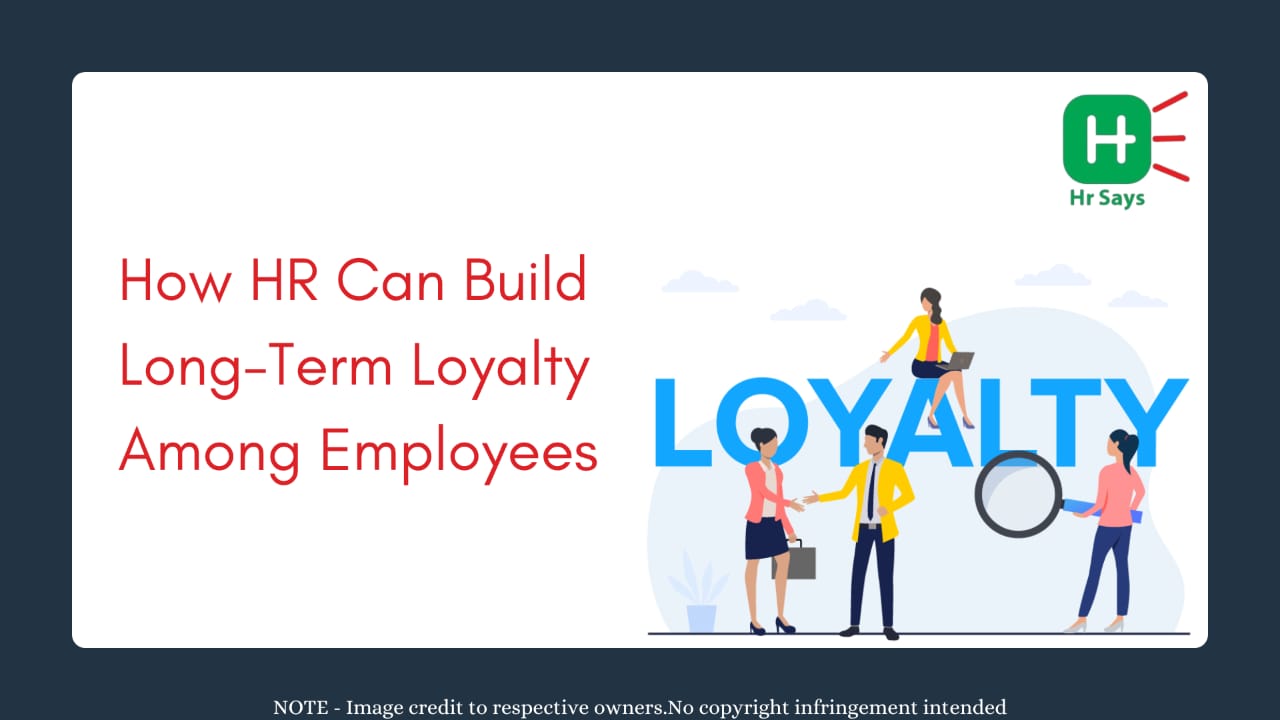
 Loyalty is built through trust, transparency, growth, and recognition. By blending human empathy with digital innovation, HR leaders can cultivate a culture where employees feel valued, supported, and motivated to stay for the long run.
Loyalty is built through trust, transparency, growth, and recognition. By blending human empathy with digital innovation, HR leaders can cultivate a culture where employees feel valued, supported, and motivated to stay for the long run.








.jpeg)
.jpeg)
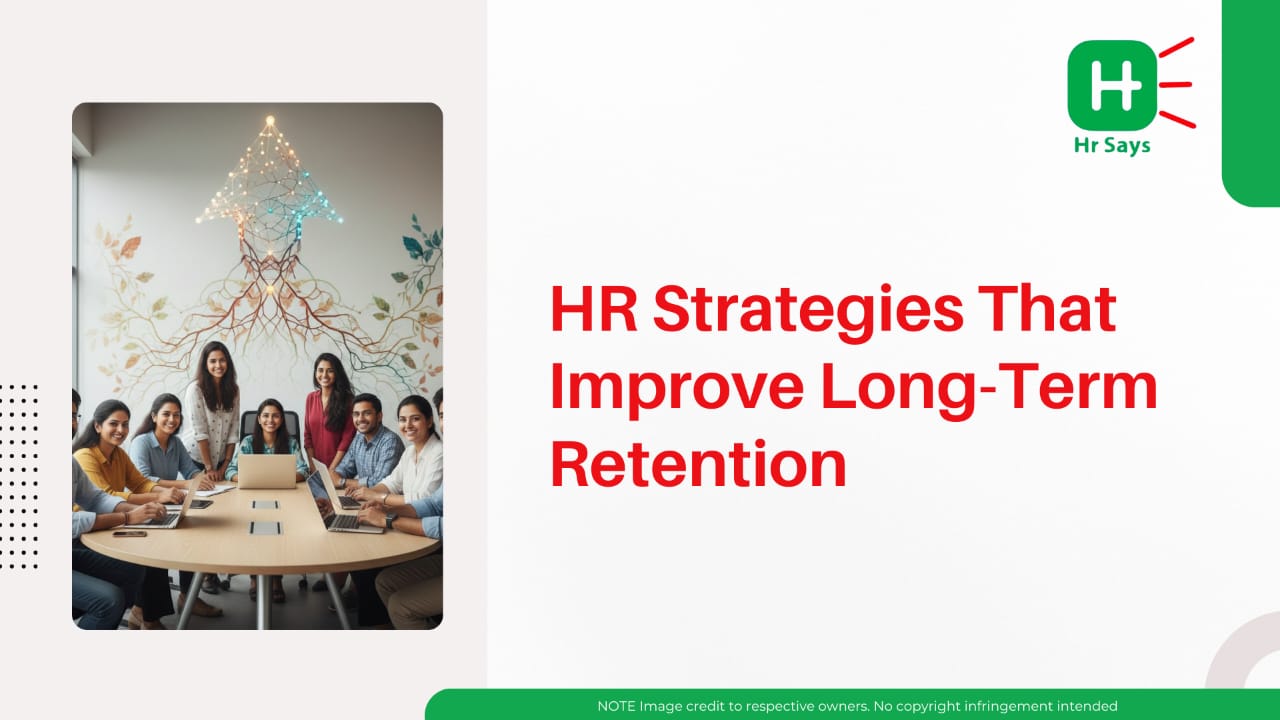
.jpeg)
.jpeg)
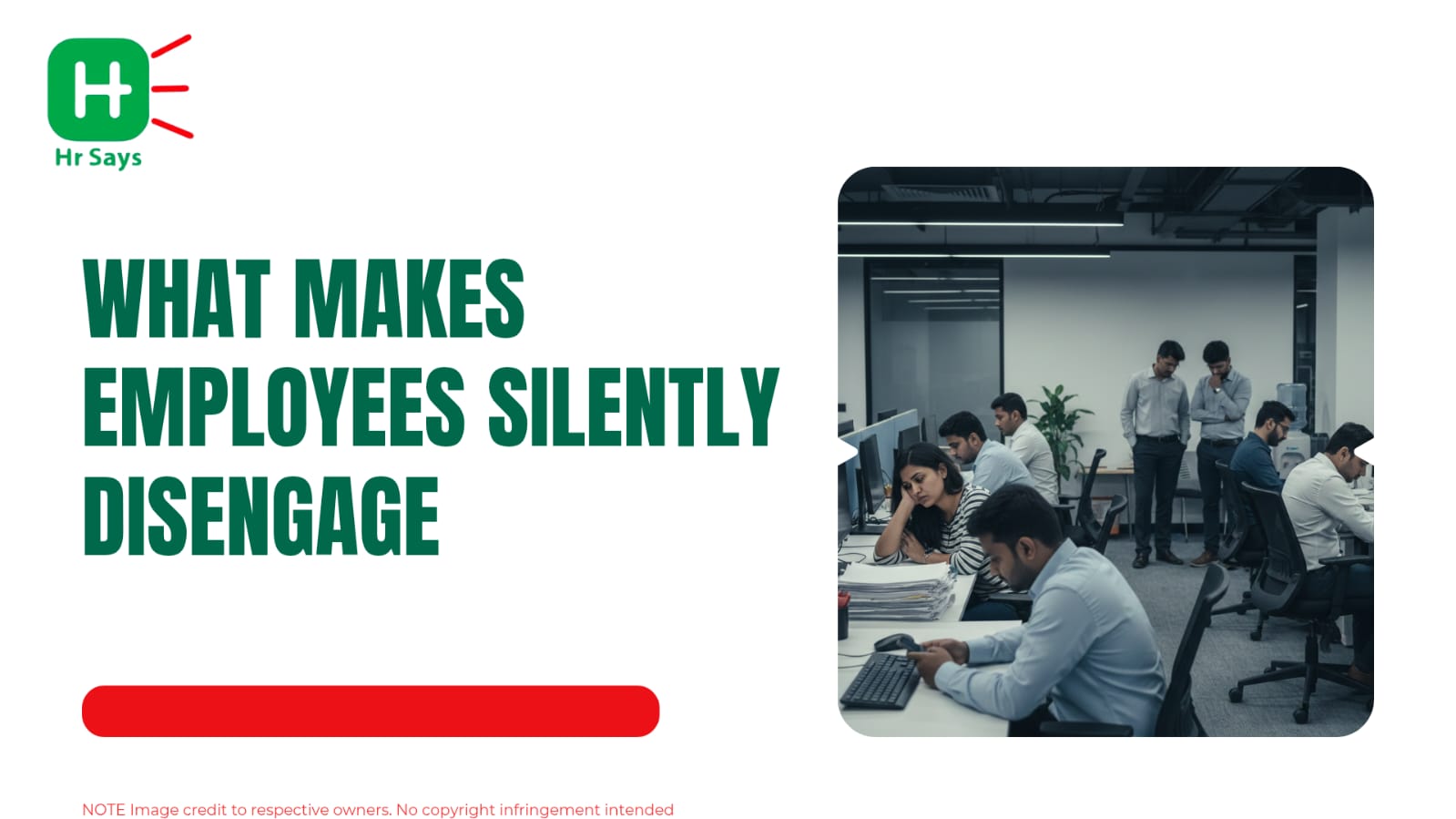
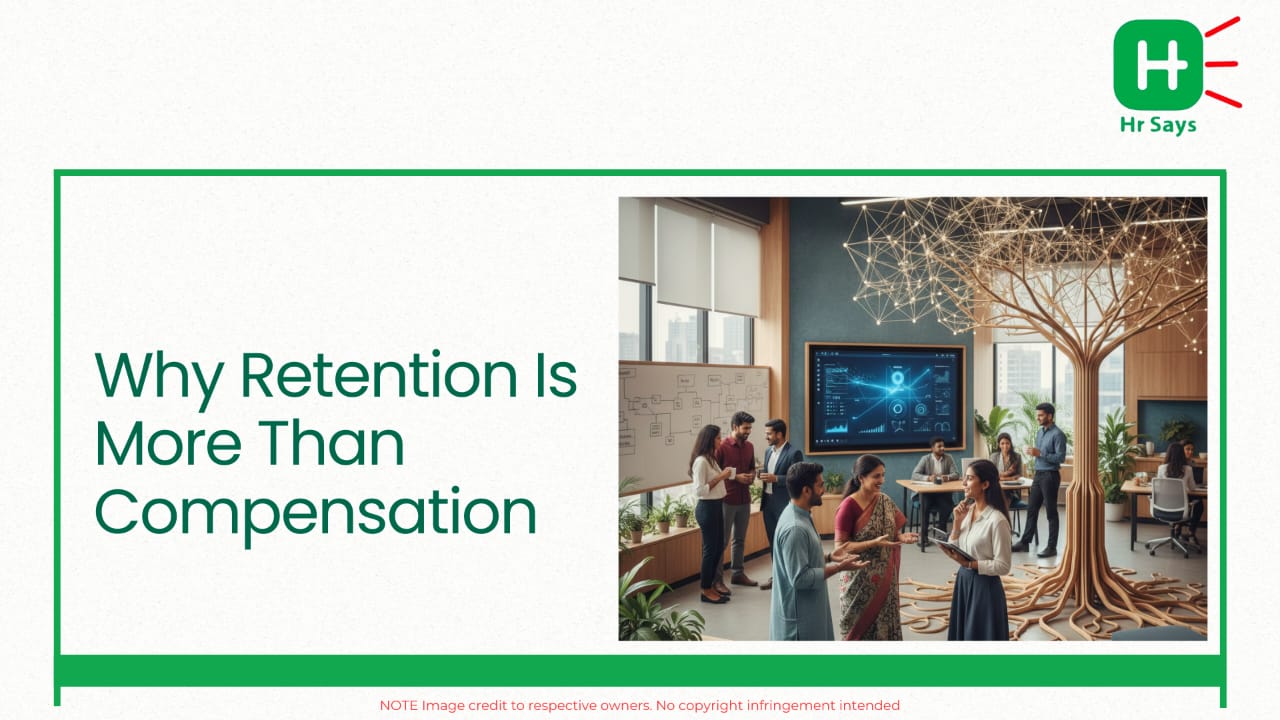

.jpeg)
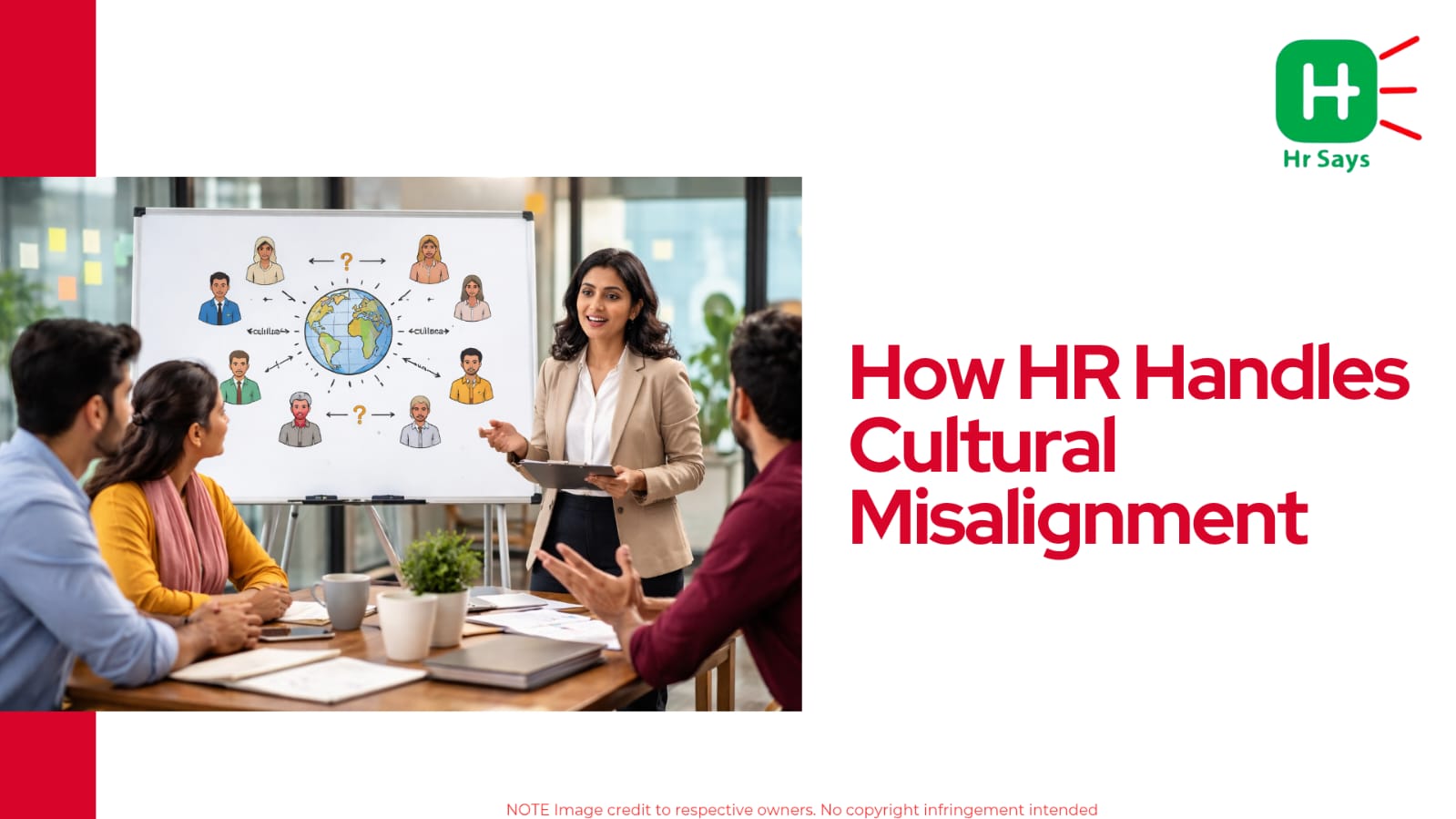
.jpeg)

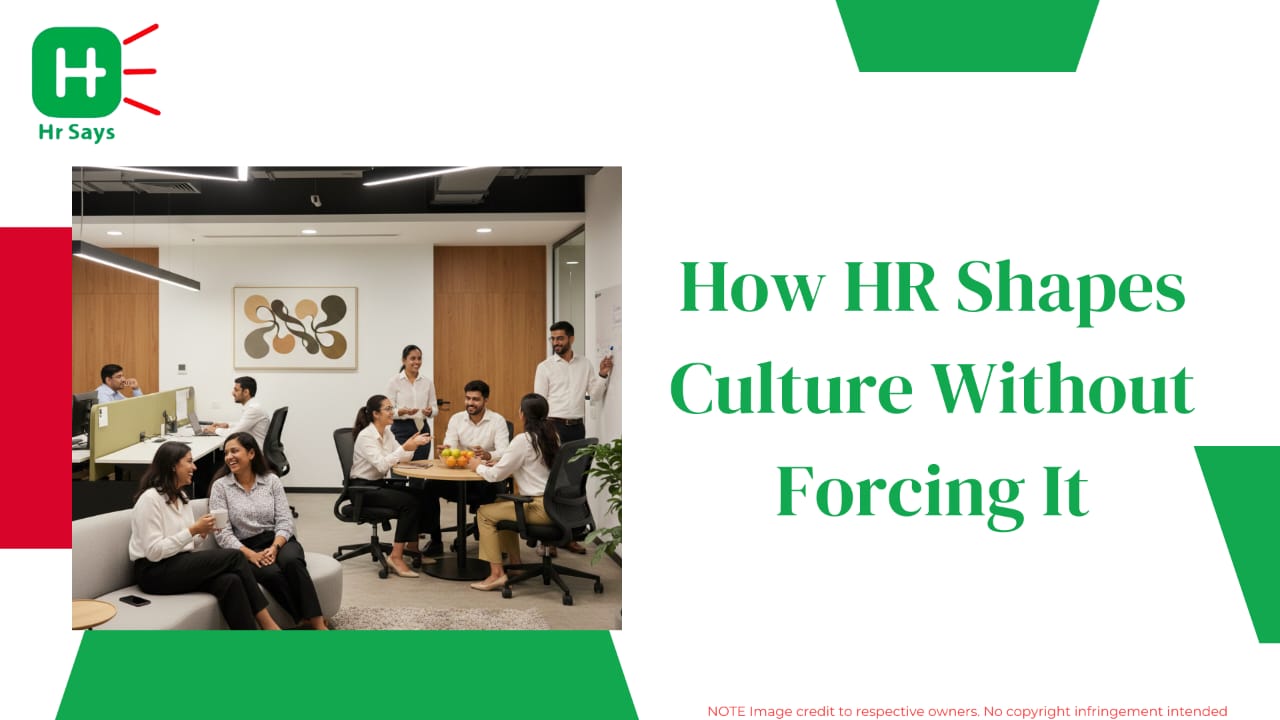
.jpeg)

.jpeg)

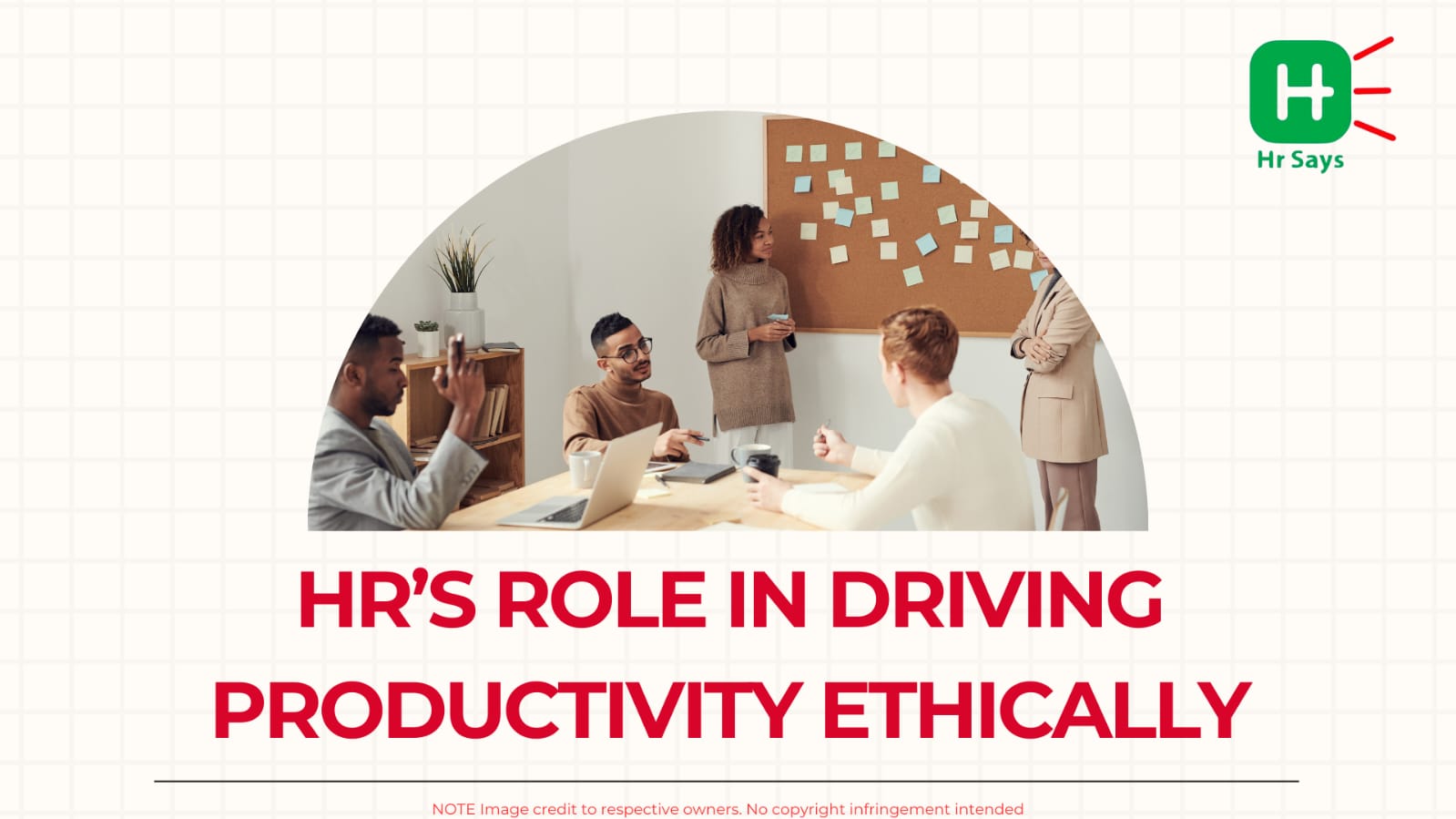
.jpeg)
.jpeg)